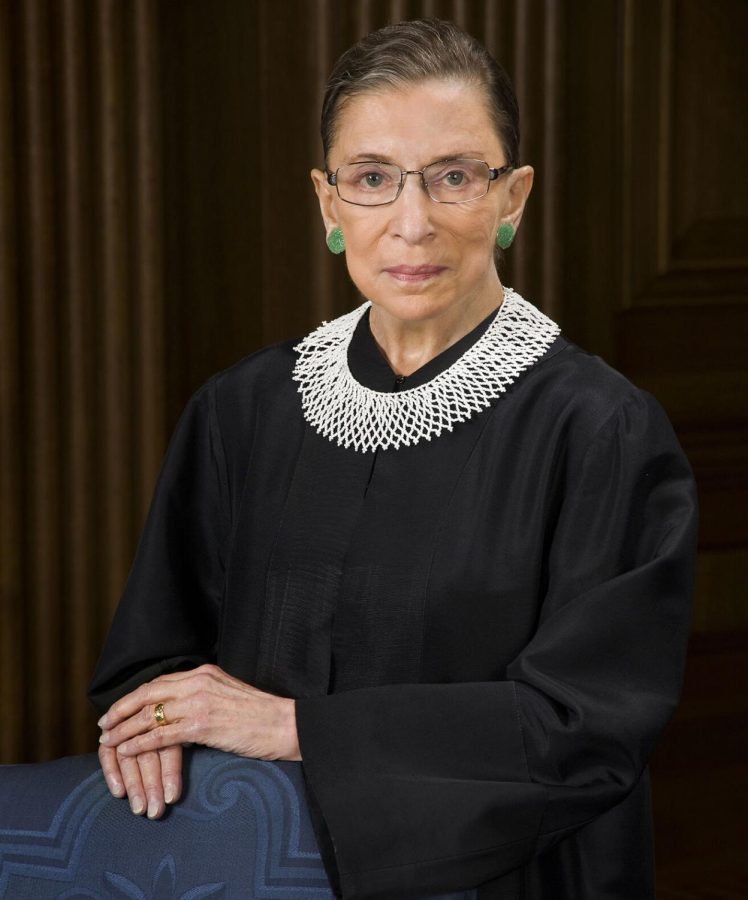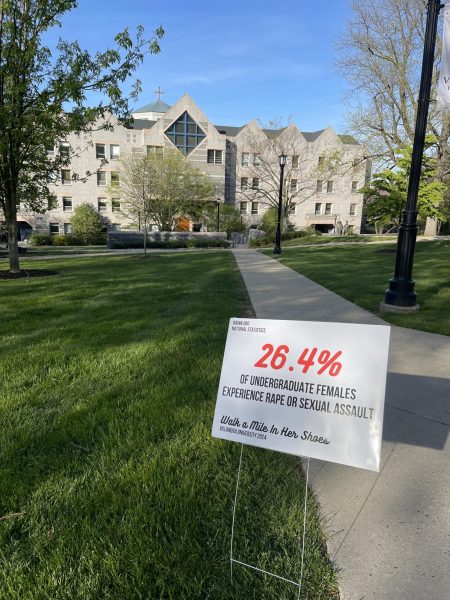The Life, Legacy and Last Wishes of Justice Ginsburg
Supreme Court Justice Ruth Bader Ginsburg.
September 23, 2020
The Friday death of Supreme Court Justice Ruth Bader Ginsburg brought an outpouring of respect for her trailblazing accomplishments and just as quickly, a divisive political debate on the timeline for replacing her spot in the Court.
However, Ginsburg’s accomplishments cross party lines. She was universally hailed as a legal mastermind and outstanding advocate for equality.
Ginsburg was one of the first women to attend Harvard Law, and she later transferred to Columbia Law to keep her young family together.
“Although she arrived without a civil rights agenda, the treatment Ginsburg received as a woman in law school honed her feminist instincts” said The American Civil Liberties Union (ACLU) in a tribute piece.
Ginsburg was often belittled and dismissed on the basis of gender, but she never gave into these criticisms.
After completing her J.D. and serving as a professor at Rutgers Law handling sex discrimination complaints, Ginsburg directed Women’s Rights Project of the American Civil Liberties Union, vastly expanding the program and forging paths for various forms of advocacy.
After years of perseverance and dedication, Ginsburg was nominated to the Supreme Court by President Clinton in 1993, becoming only the second woman to fill this seat. She went on to hear cases regarding gender equality, most notably Whole Woman’s Health v. Hellerstedt, United States v. Virginia, Olmstead v. L.C. and many more. Ginsburg’s landmark decisions not only secured women’s rights but also ensured equal protections for minorities and people with disabilities.
Even as accolades for her life have poured in, Republicans and Democrats are squaring off to fill her seat. President Trump has indicated that he will nominate a successor to Ginsburg later this week, and Senate Majority Leader McConnell has pledged to put the nominee before the Senate as quickly as possible.
Democrats have countered that the nomination should await the results of the presidential election, pointing out that Republicans made this same argument when Justice Antonin Scalia died in 2016, also an election year. It is claimed by Ginsburg’s granddaughter that her dying wish was that “[she] will not be replaced until a new president is installed,” according to USA Today.
It is thought that the dispute over Ginsburg’s succession will become a key issue in the Trump-Biden presidential race.
Ginsburg, who stressed inclusion, intellect and independence over politics, has posthumously become a centerpiece of political division within a presidential election year.
Ginsburg’s philosophy relied upon the belief that legally-enforced gender roles limited opportunities for both women and men, and her legacy will live on.
She has inspired many with her grit, determination, and strength, urging people to “fight for the things that [they] care about, but [to do it] in a way that will urge others to join.”













